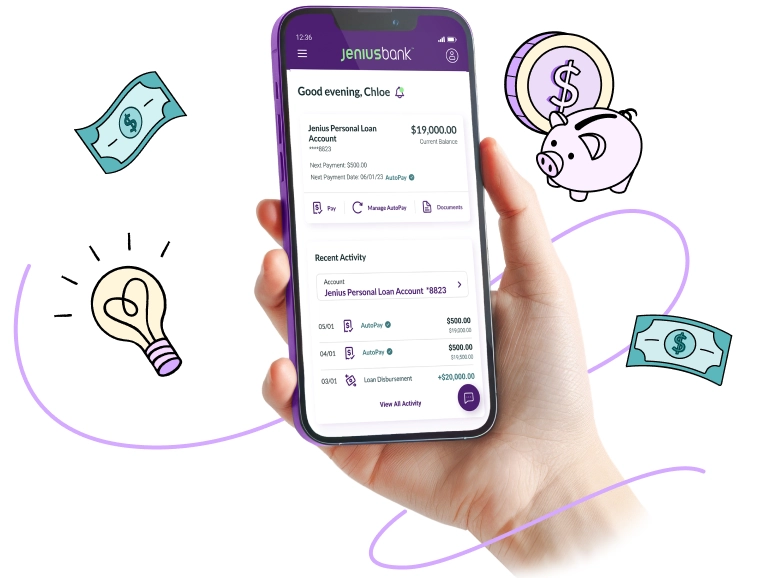Tech Versum: Explore the Future of Technology
Dive into the latest trends and innovations in technology with Tech Versum.
Banking on the Future: How Digital Currency is Changing Everything
Discover how digital currency is revolutionizing finance and shaping our future. Don't miss out on this transformative trend!
Exploring the Rise of Digital Currency: What It Means for the Future of Banking
The rise of digital currency marks a significant shift in the landscape of banking and finance. As more individuals and businesses embrace cryptocurrencies, the traditional banking system faces both challenges and opportunities. Digital currencies, such as Bitcoin and Ethereum, offer a decentralized alternative to conventional banking, providing greater transparency and lower transaction fees. This shift not only changes how we think about money but also prompts banks to innovate their services to remain relevant in a rapidly evolving market.
Moreover, the integration of digital currency into mainstream finance could redefine customer experiences. Banks are beginning to explore ways to incorporate blockchain technology and digital assets into their offerings. For instance, some institutions are considering issuing their own digital currencies or facilitating cryptocurrency transactions for their customers. As more people become familiar with these new forms of currency, it is essential for banks to adapt quickly to maintain consumer trust and loyalty in the future of banking.

How Blockchain Technology is Revolutionizing Financial Transactions
Blockchain technology is transforming the landscape of financial transactions by introducing a level of transparency and security previously unattainable with traditional systems. At its core, blockchain is a decentralized digital ledger that records transactions across multiple computers securely and immutably. This means that every transaction is verified by a network of computers, eliminating the need for a central authority, reducing the risk of fraud, and increasing overall efficiency. As a result, blockchain is streamlining cross-border payments and enabling real-time settlements, which are especially crucial in today's fast-paced financial markets.
Moreover, the application of blockchain technology extends beyond simple transactions; it is revolutionizing various financial services by enabling innovations such as smart contracts and decentralized finance (DeFi). Smart contracts automatically execute and enforce agreements when predefined conditions are met, reducing the need for intermediaries and minimizing costs. Additionally, DeFi platforms are democratizing access to financial services by allowing users to lend, borrow, and trade assets directly on the blockchain. This paradigm shift is fostering a more inclusive financial ecosystem, where anyone with internet access can participate, ultimately reshaping the future of finance.
Is Digital Currency the Future of Money? Key Questions Answered
As we delve into the realm of digital currency, it is crucial to understand its potential impact on the economy and our daily lives. With numerous companies and financial institutions exploring the viability of cryptocurrencies and blockchain technology, one can't help but ask: is digital currency the future of money? Key questions arise, such as how secure are these currencies, and what regulatory measures will governments impose to manage them? The shift towards digital currencies is not just a trend; it represents a fundamental change in how we perceive and utilize money, emphasizing the need for a deeper understanding of its implications.
Moreover, the advantages of digital currency can lead to significant transformations in global commerce. Unlike traditional banking systems, digital currencies offer faster transactions, reduced fees, and greater accessibility for underbanked populations. However, challenges such as volatility and the potential for fraud must be navigated carefully. As we answer these questions, it is evident that maintaining a balance between innovation and security will be essential for the successful integration of digital currency as a mainstream medium of exchange. What is clear is that the discussion surrounding the future of money will continue to evolve, fueled by technological advancements and societal adaptation.